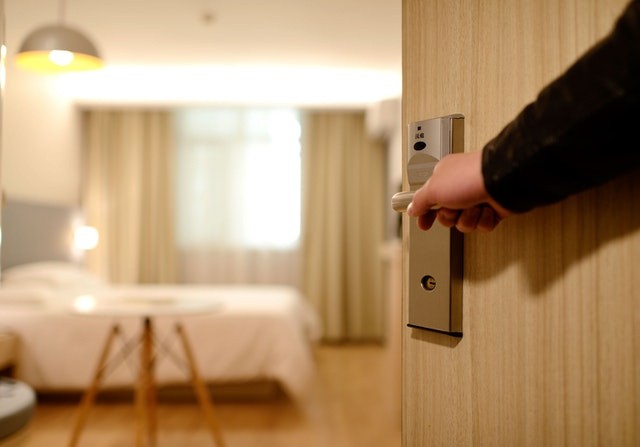
During the global coronavirus epidemic where it seems the entire world was in quarantine for nearly three months, some people began to get desperate about being cooped up indoors all the time.
So when the lockdown alert was lifted, some hotels and other rented establishments like resorts, cabins, motels, and Airbnb rooms have experienced a resurgence in business. Many people, alone or with the entire family, have already gotten away from the house and into large open spaces and slept somewhere else.
This is good for hotels, especially since they were among the hardest hit during the height of the pandemic. It's for the simple reason that people are staying in their homes, so no one is checking in.
The businesses that thrived are online stores, streaming services, and food delivery services. After all, if you can't go to your favorite fast-food joint to get a burger, you can have the burger - with large fries and an upsized drink - come to you instead.
But if you really need to travel, is there a way to guarantee your safety from COVID-19 infections? Here is a chilling reminder: a person who was able to contract the virus without his knowledge can spread the contagion to the people near him even when he is still not showing any symptoms.
Read also: Jonathan Litt Maintains Views on New York Market
With the knowledge that any form of travel can still pose risks, here are some pointers that you will find helpful in lowering your chances of infection while you and your loved ones are on the road or when you have arrived at your destination.
Practice social distancing. The recommended distance between you and the nearest person is about six feet. While that may not always be observed in crowded places like supermarkets, keeping that in mind makes you more alert about your surroundings, and it can serve you in good stead in this epidemic era.
Wear a mask or protective gear. The COVID-19 virus is transmitted through droplets in the air, usually coming from moist places. There is still no way to know if a person has it or not if he looks healthy.
A person cannot be infected and not infected simultaneously, similar to the famous physics experiment known as Schrodinger's cat, where a cat inside a sealed box cannot be both alive and dead at the same time. So, to be safe, forget these guessing games and just wear a mask to protect you from the virus.
Avoid unnecessary contact with surfaces and objects in strange places. Think of the kitchen sink or the bathroom sink or the tabletop at the hotel where you are staying. You don't know who previously touched them, and you most certainly do not know if the person has the coronavirus or not.
You can ask the hotel to replace the bedsheets. But when you think about it, the idea should also include all furniture that other people have come in contact with, like the sofa or the armchair. If you want to sit on either of them, call room service again and ask for more sheets.
Check if the hotel has handwashing sanitizers in common areas. If there are not, you can talk to the manager about it, and they will understand because the times are not normal at the moment. And just to be sure, bring your own hand sanitizers and rubbing alcohol. Better yet, bring enough to last you longer than your expected stay.
You can check with the hotel first before you book, and you can ask if they have digital keys. These nonphysical keys enable you to completely avoid having to touch the doorknob and the door itself. The digital key app will open the door for you like a concierge door attendant. All you need to open is the mobile app, and all you need to touch is your phone.
© 2026 Realty Today All rights reserved. Do not reproduce without permission.



